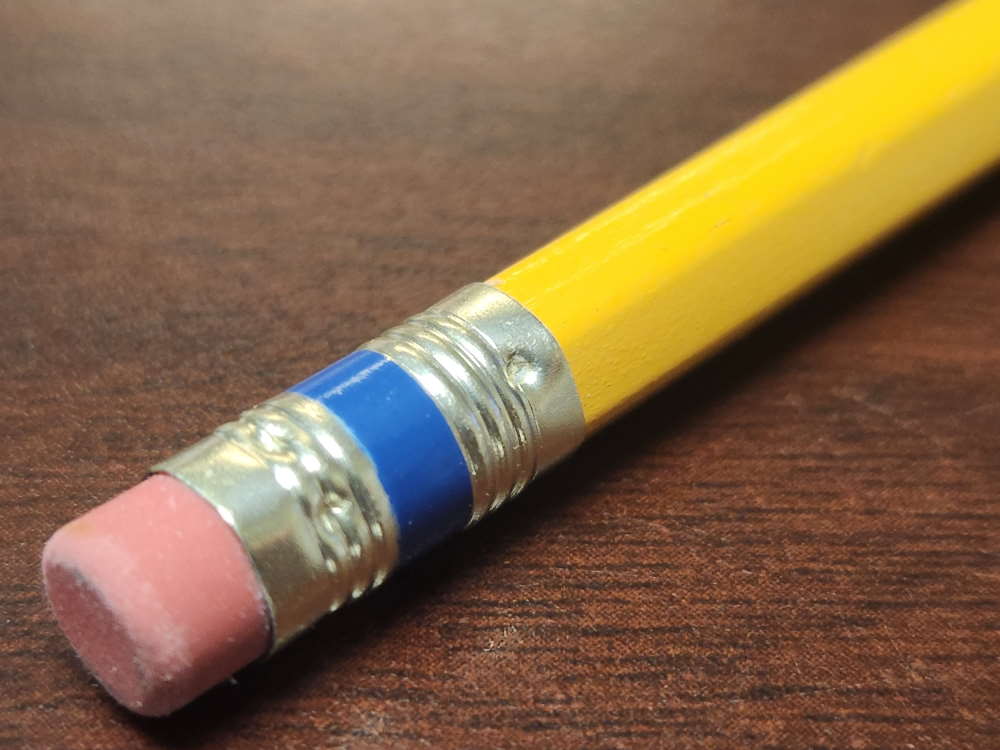Fill out my free, online form to see if you qualify to seal or expunge your Florida criminal case.
Seal or expunge your criminal case in Naples, Florida.

Fill out my free, online form to see if you qualify to seal or expunge your Florida criminal case.

Need a lawyer to seal or expunge your criminal case in Naples (Collier County), Florida? I have successfully completed the expungement process for many people in Collier County. I can help you.
Let me help you clean your record. As an expungement lawyer, I know the required steps, and my objective is to complete the process as quickly as possible. I've been a private lawyer with my own office in Naples, Florida since 2001. My office is a short walk to the Collier County Courthouse, so close that I walk unless it's raining. Over my 20+ years as a private lawyer, I've helped hundreds of people seal or expunge their cases. For each client, I prepare the documents for the application to the FDLE and the motion myself. If you're here in Collier County, I will go with you to get the fingerprints done at the sheriff's office. I will collect and file all needed documents, and appear in court for you at the hearing with the judge to seal or expunge your case. I will attend the seal or expunge hearing for you. You do not need to be present.
Whether you can seal or expunge a Collier County criminal citation or arrest depends on how the current case was resolved, and your prior record, if any. Only one incident can be sealed or expunged under Florida law.
I explain it as two different roads to get to the same place. If you resolved your case with a plea of no contest and a withhold of adjudication, you must do a Petition to Seal. If you were cited or arrested and the State dropped the charges, then you need to do a Petition to Expunge.
The application process includes fingerprinting done by law enforcement. The Collier Sheriff does fingerprinting for no charge. Even if you were fingerprinted when arrested, the application to expunge that goes to the FDLE (Florida Dept of Law Enforcement) needs new prints done by a law enforcement officer.
In order to seal or expunge, you have to be able to say that you've never be convicted, or adjudicated guilty, of a criminal charge in any state, ever.
Some cases, such as domestic violence cases, cannot be sealed if you entered a plea, even with a withold of adjudication. So, if you enter a plea of no contest to domestic-violence battery, the case can't be sealed. The only way to erase a domestic violence arrest is if the State drops the charges; then you may be able to expunge the case.
In the past, it took months for the FDLE to review an application. Now, the FDLE is reviewing applications much faster. On a recent expunge application that I sent to the FDLE on Dec. 1, 2022, the FDLE mailed me back a certificate of eligibility postmarked on December 22, 2022. Just THREE WEEKS! That's really quick.
Applications to seal go directly to the FDLE. Applications to expunge go to the State Attorney's Office first, and they take about a month to process the application. My objective always is to move the papers through the application process as quickly as I can. The sooner we start, the sooner I can get it done for you. Have questions or want to get started? Call me or send me a text message.
The judge's order granting the motion to seal or expunge orders agencies of the State of Florida to remove the record, including the Clerk of Court and law enforcement agencies. The order has no effect on the media (websites not owned by agencies of the State of Florida), and has no effect on Federal databases. If you want to expunge because you don't want the Federal government to see the case, it won't work, because the state judge has no jurisdiction over the federal government agencies that have the information.
More than years ago, I had a client accused of misdemeanor theft in Naples, Florida. The case was resolved with diversion, meaning not with the judge. As a result of the successful completion of diversion, the State dropped the charges. I expunged her case. Recently, he got a new case of misdemeanor theft. The State offered diversion again because he has no prior record. That the State offered diversion a second time is unusual. In this case, the expunge helped get a second diversion offer.
The Florida Department of Law Enforcement in Tallahassee reviews each application. It used to take five or six months to get a certificate of eligibility. Lately, they've been completing their review in less than two months. Once I get a certificate of eligibility from the FDLE, I set a hearing with the judge assigned to your case.
A certificate of eligibility is a two-page document that the Florida Department of Law Enforcement issues after reviewing a seal or expunge application. Issuance of the certificate means that the applicant is eligible to seal or expunge the criminal record. The certificate gets filed in the court file, and at the time of the hearing, the judge looks for the document in the court file.